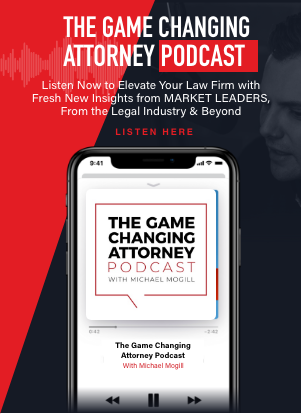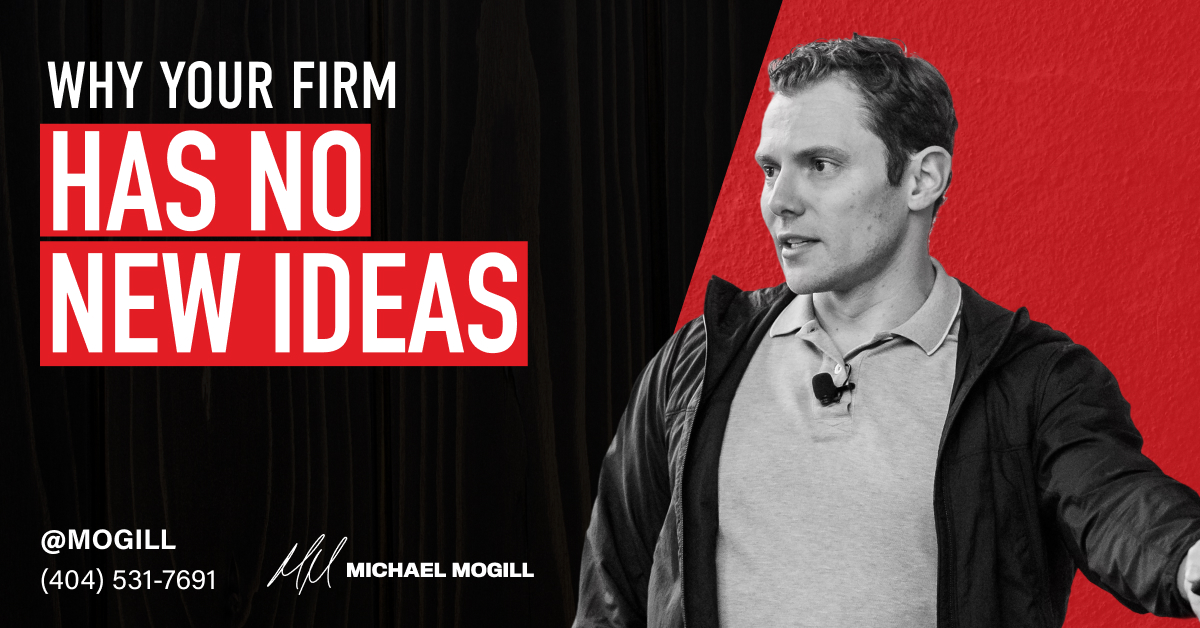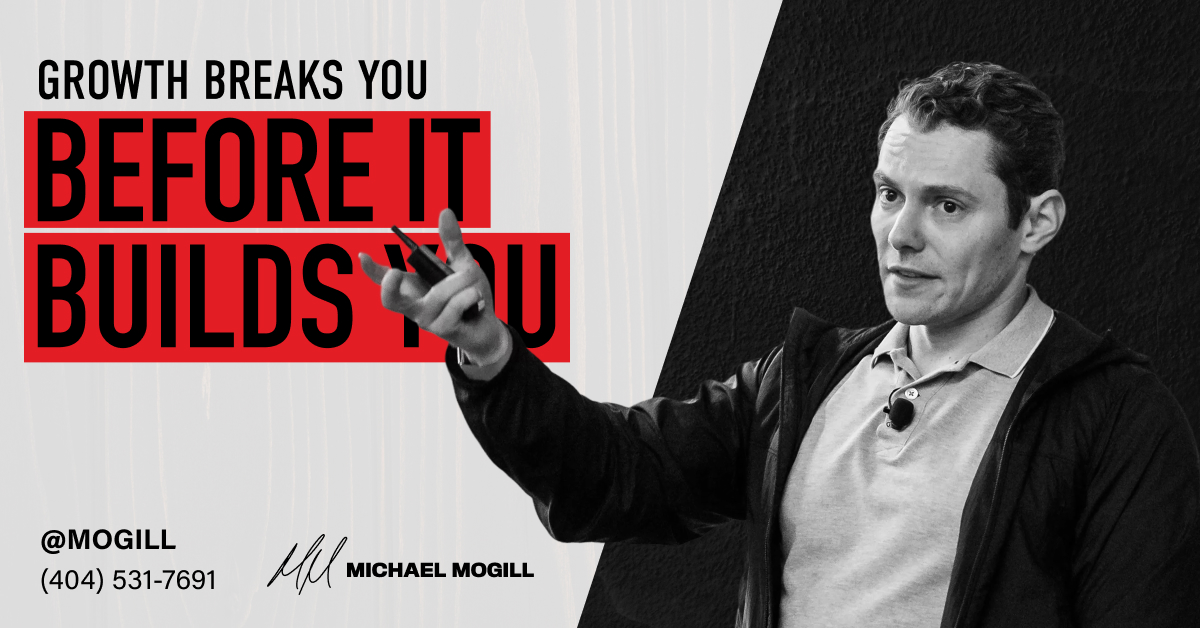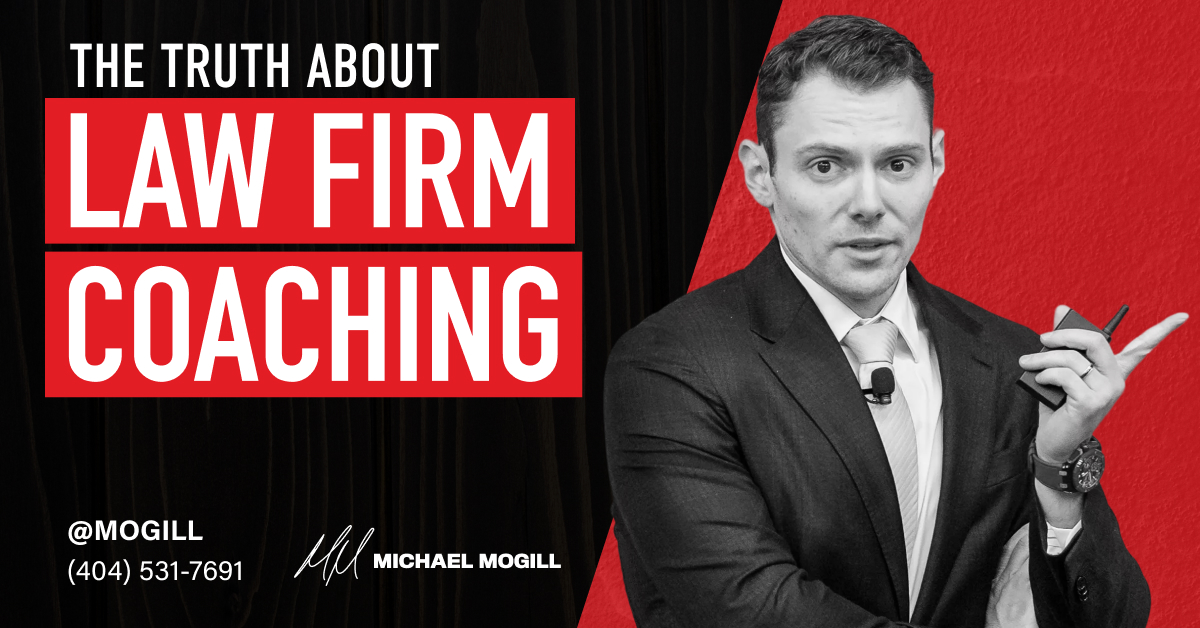Even if you’ve never watched the TV show American Idol, you’re probably familiar with auditions week. It’s when thousands of people from across the country flock to different cities where auditions for the show are being held. Some people are amazing, and they’re invited to join the group of contestants for that season. Others are talented, but just miss the cut.
Then there are those who are laughably bad singers. Their auditions make for some of the greatest moments of unintentional comedy you’ve ever seen. The judges can only laugh and shake their heads as these poor souls belt out off-key, horribly butchered versions of songs.
Knowing the amount of ridicule these people are going to face, you have to wonder why no one in their life ever pulled them aside and told them the truth: you can’t sing. This seems like an obvious and kind thing to do for someone who’s likely to end up as a meme on the internet.
That said, don’t we often do the same thing in our businesses with those we lead?
We spare the feedback that is vital for the growth of a team member because we don’t want to hurt their feelings. As a result, they remain stuck and don’t progress to where we need them to be. In that scenario, we’re just as much to blame for their lack of growth as they are.
We all need feedback to move forward in our lives, which means we need people in our lives who are unafraid to give it to us straight, while doing so in a manner that is supportive.
In her bestselling book, Kim Scott calls this kind of feedback “radical candor.” The way I define it, radical candor is your ability to challenge someone directly while also showing that you care about them. Let’s dig into this concept and look at examples of how I use it in our business.
Withholding feedback is harmful, not helpful
The idea of withholding feedback to spare someone’s feelings—this is my pet peeve. Scott refers to it as “ruinous empathy” in the book and she’s exactly right. By refusing to be candid with someone because you want to spare their feelings, you’re ruining their ability to move forward, develop, and grow. Other times, feedback is withheld because we don’t want the person on the receiving end of it to not like us. Think of how selfish that is. Through your actions, you’re saying that your feelings are more important than their growth.
Ask yourself, what’s more important: feeling better or getting better?
I know which one I’d prefer as both a team member and a leader. I’ve always said that, “Amateurs want to hear comforting lies. Professionals want to hear unpleasant truths.” In everything I do, I’m hungry for feedback because I want to improve. Is this feedback always pleasant to hear? No, but I can tell you this: without being given and acting on candid feedback, I wouldn’t be where I am today.
Let me give you an example. One of the first times I spoke in front of a room of people was at a seminar, and there was a very experienced speaker sitting in the back of the room. After I finished, he approached me and proceeded to list off all the 100+ things I’d done horribly wrong during my presentation.
I was destroyed to dust… but I took notes on everything he said. I didn’t know this guy at all, but he was the kind of speaker I wanted to be, so I listened to the candid feedback he gave me. He could’ve walked out of the room and I would’ve gone about my day thinking I did a decent job, when in reality, I’d bombed. Without that feedback, I might not have gotten to the place where I could deliver the keynotes to 1,000 lawyers at our annual law firm growth conference, the Game Changers Summit.
But because I was open to receiving feedback and he was kind enough to give it, those words pushed me further down the path to becoming the type of speaker I was capable of being.
Guidance on giving and receiving feedback
This story highlights an important point on feedback: always consider the source. If someone’s providing you with feedback, and yet they have no experience in your space, has never done what you’re doing, or operated at the level you want to be at, then perhaps you should take that feedback as an opinion. In other words: don’t let broke people tell you how to get rich.
In fact, we have this rule in some of the workshops that I run: you are not allowed to provide feedback on something you’ve never personally experienced. Without that experience, you’re just providing an opinion, which is nearly worthless when it comes to fostering growth.
Assuming you have the experience necessary to offer someone feedback (say, as their direct support), then radical candor gives us the ideal model: challenge directly, care personally.
If you care personally but don’t challenge directly, that’s ruinous empathy. When you challenge directly but don’t personally care about the person, it’s called “obnoxious aggression.” You’re essentially acting like a jerk, but in my opinion, that’s preferable to ruinous empathy because the feedback is still given. The last option is “manipulative insecurity,” which is not caring or offering feedback. An example would’ve been if the guy had walked out after my presentation.
He did care about me and gave me feedback, so it was radical candor. I didn’t find it obnoxious or aggressive, but I could see how others might perceive it that way.
How I deliver feedback with my team members
If you work at our company very long, you learn this truth very quickly: You’ll know if I have a concern about your performance, because I’ll make sure it’s discussed and addressed immediately. Nobody at our company ever has to wonder if they’re performing up to expectations in their role. As you’ve gathered by now, I’m a practitioner of radical candor. If you’re messing up, I’ll tell you.
As an example, let’s say one of salespeople bombs a call. Here’s the feedback I’d give them:
“You’re tremendously talented and capable, but you brought no energy to that call. You didn’t really research the company in detail, so your conversation lacked context. Before the next call, you need to prepare better. That will make you more confident and improve the conversation.”
Will that person’s feelings be hurt? Possibly. But they know I’m saying these things because I care about them, and if they take what I’m saying to heart, it’ll pave the way for growth.
In most instances, this type of feedback should be delivered one-on-one. It’s OK to share praise publicly, but when it’s time for criticism, that should be done privately. (One exception: if your leadership team has a high level of trust, feedback during those meetings might work.)
In every area of my life, I always want there to be forward progress, and that’s especially true in my business. I know what it feels like to grow and offer greater value to your organization. The feeling of accomplishment you get from growth is something nobody can take away from you.
That’s why I’m such a big proponent and practitioner of radical candor. When people don’t make progress, the reason might be that the people in their lives are shielding them from the harsh truths they need to hear to grow and improve. I never want to hold people back like that.






